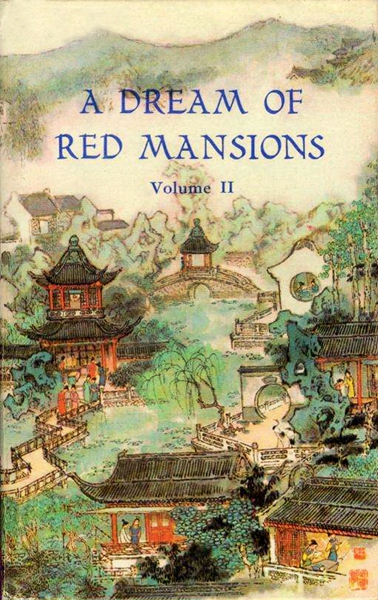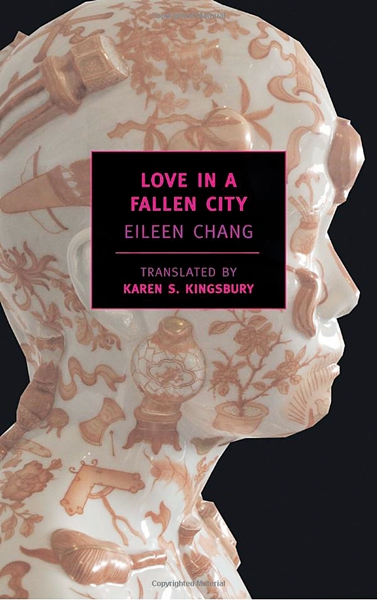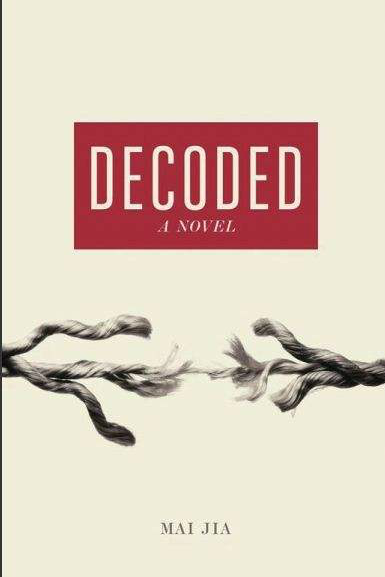Literature transcends national boundaries: Chinese writing in translation
- By staff reporter Liu Yi
 0 Comment(s)
0 Comment(s) Print
Print E-mail China Today, June 27, 2017
E-mail China Today, June 27, 2017
Literature as Communication
"Literature is the way writers communicate with their readers, so it's natural to make changes to adapt to their readers," said Professor Karen S. Kingsbury from Chatham University. She went on to say that such changes show respect to readers, taking into consideration their cultural background and historical position. "As far as I know, all changes Howard Goldblatt made were approved by the author."
|
|
|
A Dream of Red Mansions, the greatest and most translated novel in Chinese literature. |
Professor Kingsbury is an expert on contemporary Chinese literature and translator of Love in a Fallen City, a masterpiece by Eileen Chang (Zhang Ailing). "Many great works, and not-so-great works, are not the sole works of the author, but a group of people," she said, "for example, the editors."
She then gave another example that is more familiar to Chinese people but is sometimes overlooked. A Dream of Red Mansions, she said, is the greatest novel in Chinese history, but its author made many changes according to suggestions made by his close friends, who were also his first readers. When the author passed away the novel was completed by another writer who contributed about a third of the finished work.
Professor Kingsbury studied Comparative Literature at Columbia University in the mid-1990s. Her doctoral dissertation advisor Professor Xia Zhiqing was at the forefront of contemporary Chinese literature research and thought highly of Eileen Chang, a famous chronicler of 1940s Shanghai. It was during her time at Columbia that Kingsbury decided to translate Love in a Fallen City, as part of her dissertation.
|
|
|
Love in a Fallen City, translated by Karen Kingsbury. |
The translation took nearly six years. When the first draft was finished, Kingsbury showed it to friends and asked for their feedback. In 1996 it was published in Renditions, a magazine of literature in translation published by the Chinese University of Hong Kong.
The reviews helped Kingsbury to go deeper in the novel. After several rounds of revisions, her translation was eventually published in 2007, and soon made part of the Penguin Classics range.
Kingsbury spoke frankly about the huge effect a translator's understanding of the original work can have on communication with readers. She said she often had queries about plot details when reading Chang's novels.
"But when I push it a little further, I will say ‘Oh yes!' It's like a door, and when you push the door, there is another room behind the door," she said, going on telling what she felt when reading The First Brazier of Incense, the novelette that established Chang's writing style and literary fame.
|
|
|
Spy thriller Decoded is a bestseller in overseas markets. |
The story happened in 1940s Hong Kong. In the opening scene, the young female protagonist makes her first visit to the villa of her rich aunt, a widow and socialite. She looks carefully around the living room, which is decorated in the Western style. Several objects stand out quite starkly: a snuff bottle, a small statue of Avalokitesvara, and a wooden screen, making the room into a confusing jumble that doesn't quite make sense to the readers.
But go on reading ... The protagonist walks into the sitting room where her aunt has just taken off her hat, and she is sitting there with her high-heel slippers swinging from the ends of her toes. The setting here is entirely Chinese – the author even mentions the old-fashioned curtains and a spray of flowers that only natives of southern China love.
|
|
|
The Bathing Women, a masterpiece by Tie Ning. |
"Then I understood why Chang describes the settings so deliberately," said Kingsbury. "The living room is set to produce an Oriental impression that is made especially for British visitors, catering to their colonial mentality. Moving to the inner room which is not for public display, the details of the setting show the owner's actual personality, and convey key connotations to fellow Chinese."
Exploring the work is "like an enjoyable and stimulating game or puzzle," said Kingsbury. As the most serious reader of a fiction work, the translator needs to solve many problems of understanding before she is able to present the work to other readers. "Translators might solve some problems, but leave others vague," said Kingsbury, "as the vagueness is also the charm of a work that attracts readers."










Go to Forum >>0 Comment(s)